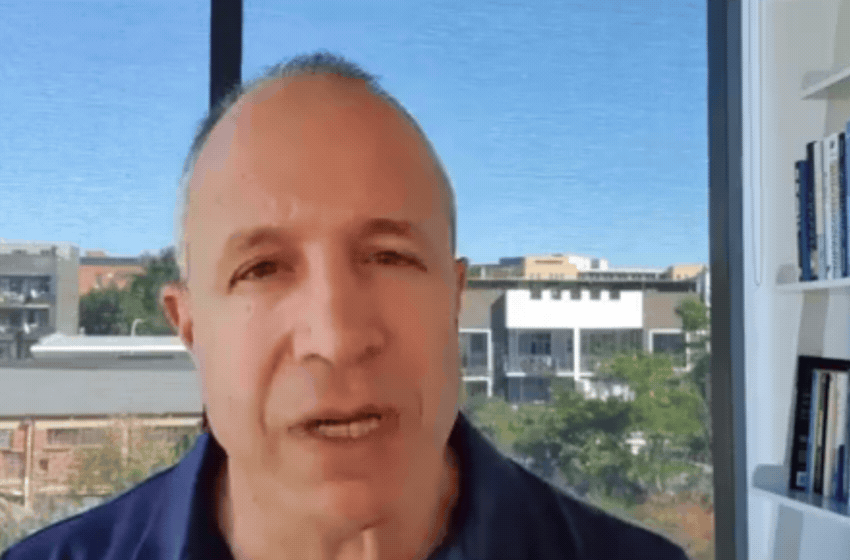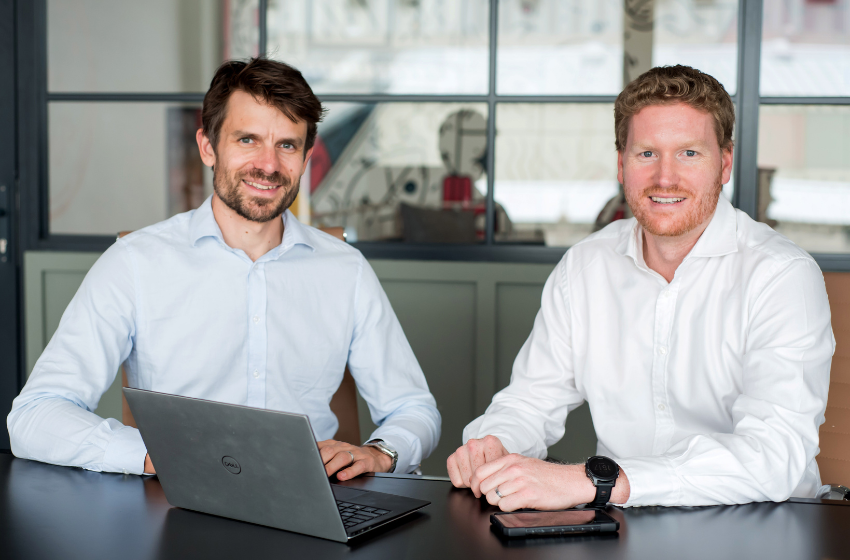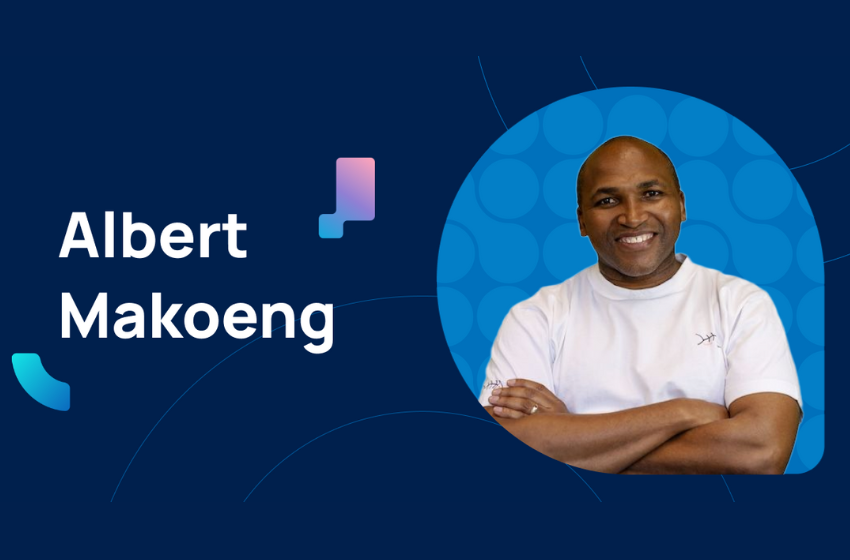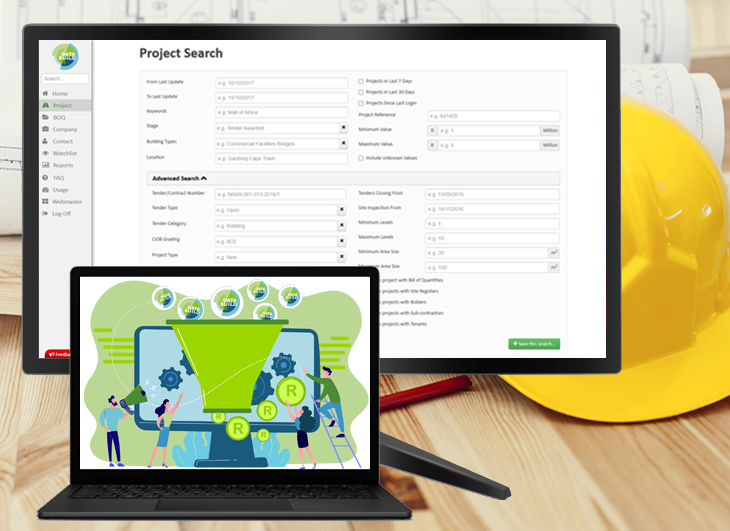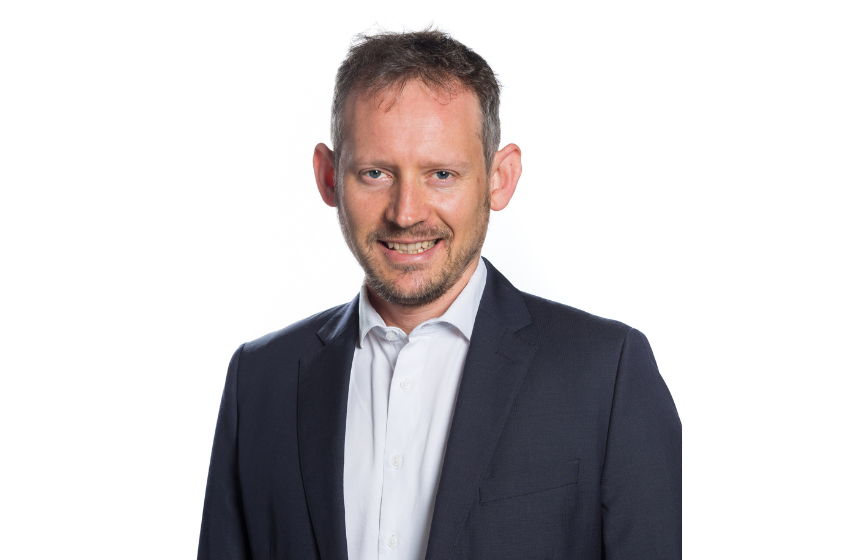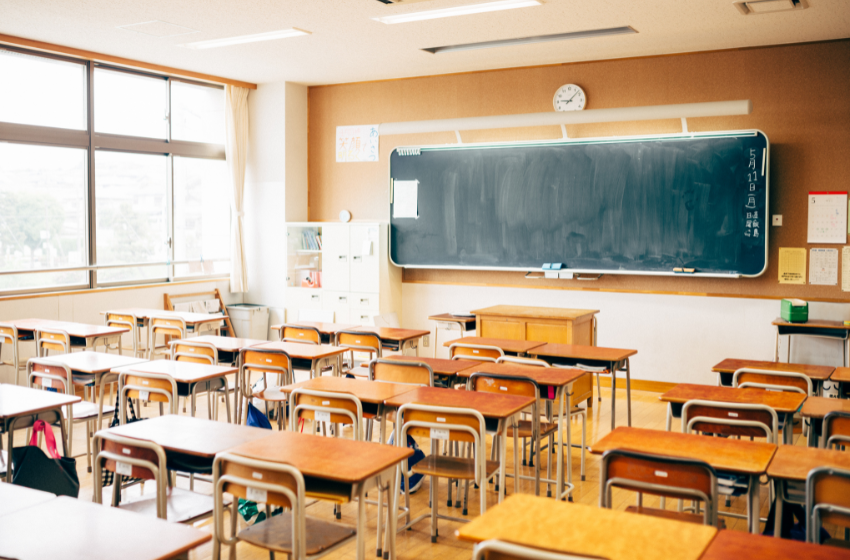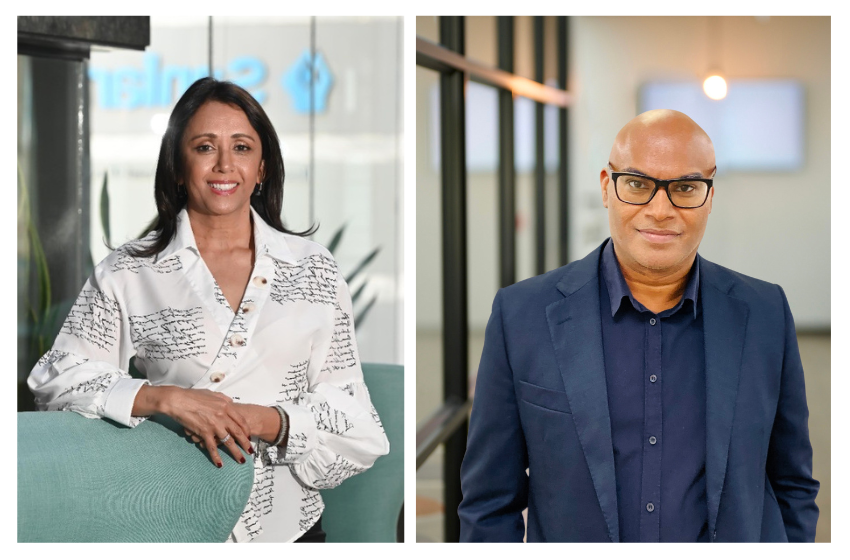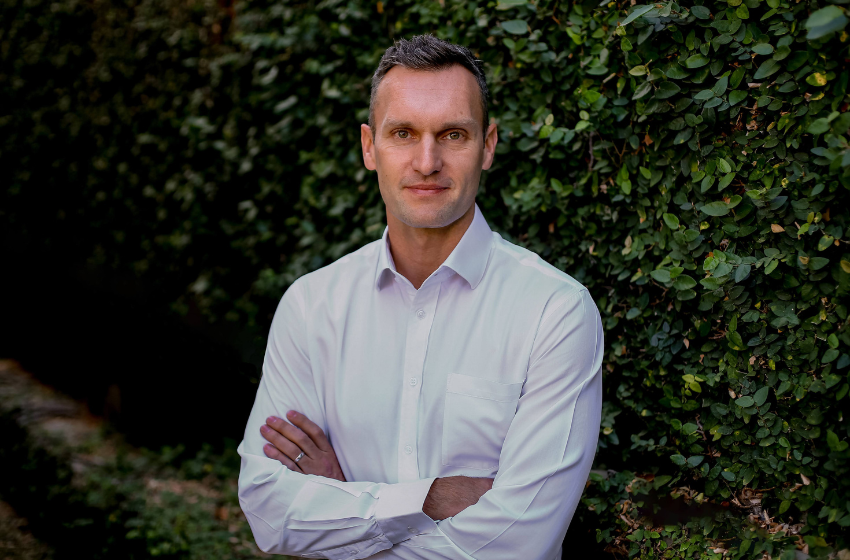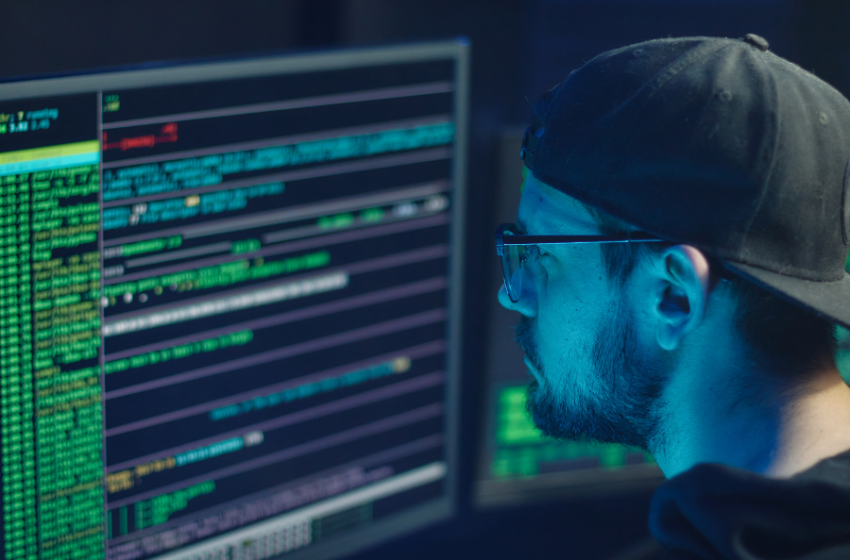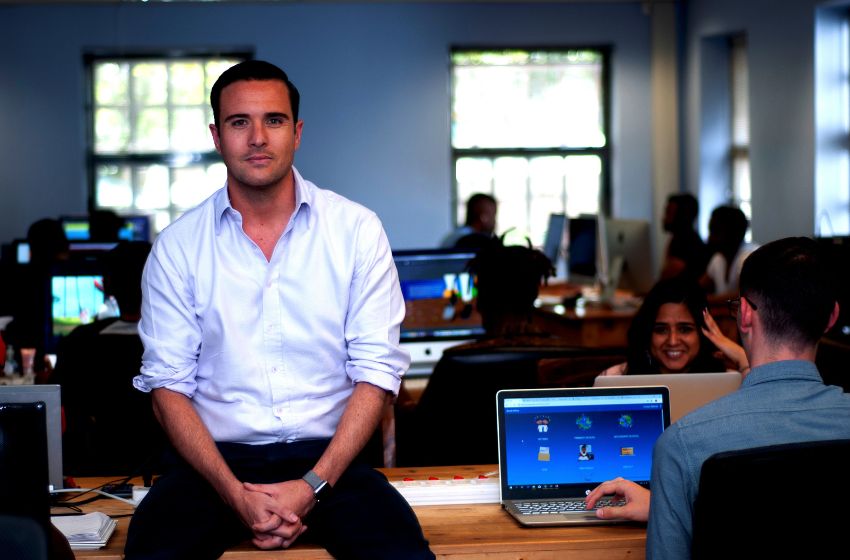
The U.S. has consistently spent about $0.5 billion annually on education in Africa. However, President Donald Trump’s executive order to freeze funding to South Africa poses challenges for the sector. Education Analyst and CEO of IDEA, Dr Corrin Varady, argues that whilst the future is unsure in the aid sector, both in terms of USAID and US funding for South Africa, we must see this turnkey moment as an opportunity for the continent to establish a self-sufficient and distinctly African model for sustainable education funding.
“Education programmes in many African nations have long been shaped by donor-driven policies and agendas, which, while well-intentioned, can sometimes fail to align with the critical needs of students due to a lack of contextual understanding,” he explains. “Now, with the global funding shakeup, it is crucial to strengthen national ownership of education delivery – ensuring that content, curricula, and learning frameworks reflect local realities. This requires guidance from public and private sector partners on the ground, rather than distant policymakers imposing global decision-making patterns.”
Dr Varady adds that the withdrawal of large tranches of aid in education will certainly strengthen South Africa’s engagement with economic blocs like BRICS, inspiring similar shifts across the continent, not just in trade but in the economics of education as well. “Given South Africa’s strategic position among multiple allies and stakeholders, the change in aid funding must not allow our education system, and more importantly, our students, to be used as pawns in political manoeuvring.”
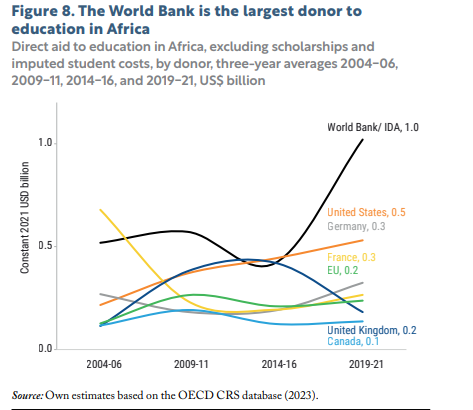
Instead, he stresses the need for nationally aligned public-private partnerships to build a more self-sustaining education sector. “Governments should invest in long term locally created and run private sector initiatives that deliver real impact, rather than relying on agenda-driven aid projects which sometimes serve as bureaucratic tick boxes. We also need funding models that empower private organisations and incentivise government to work with the private sector more openly so that both are accountable in procurement decisions.”
“The shift in the aid environment, if seen as a new horizon for the Global South, will enable African nations to shape their own educational identities, decolonising their education systems and influencing global education standards,” notes Dr Varady. “With more responsibility, African continental governments can better educate their workforce and contribute to global conversations that affect the youth in their nations.”
“The US executive order is being seen by some as an attack, but in education we must see this as a catalyst for change, driving a resilient and independent education model prioritising learners’ over foreign funding interests,” he concludes.
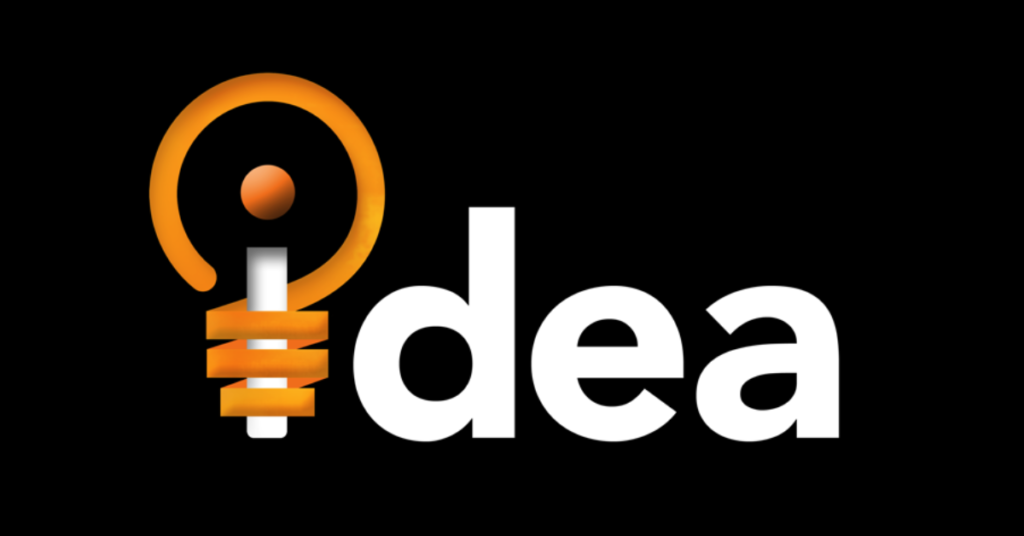
About IDEA:
IDEA is an award-winning edtech platform that seeks to democratise education by harnessing the power of technology. Using digital tools such as interactive virtual reality and artificial intelligence to personalise learning, automate assessments and support multiple languages, IDEA has developed digital content and training programmes for learners across all grades. The organisation also provides teachers with accredited courses for their professional development as well as an information and communication technology (ICT) solution to help educators, pupils and corporate professionals build entry, intermediate and advanced digital skills.
For more information, go to https://ideaonline.com
Share via:





